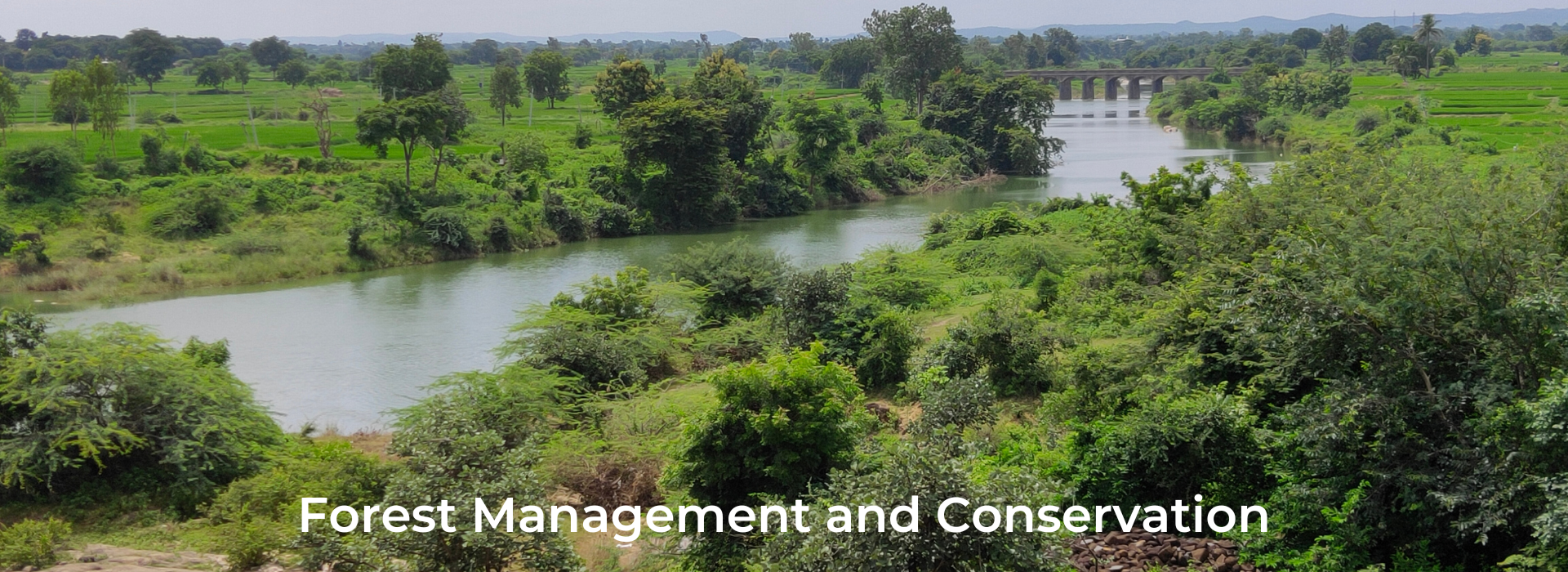Forests are integral and essential to our efforts in conserving ecosystems and biodiversity. We therefore strive to innovate and implement effective, inclusive and equitable forest management solutions that provide co-benefits at the intersection of Forest Carbon and Sustainable Development. These solutions include carbon sequestration, biodiversity conservation, watershed benefits, climate resilience, livelihood security and nutritional security for the benefit of communities.
It is estimated that Nature-based solutions have the capacity to provide one-third of the cost-effective climate mitigation needed until 2030 to limit global warming to under 2 °C. Using multidisciplinary approaches, we support policy makers, strategists, on-ground deployment and reporting teams in the government and corporate organisations to ensure maximum impact from their interventions. We aim to create self-sustaining systems for each intervention that can continue to support our initiatives in the long-run.


